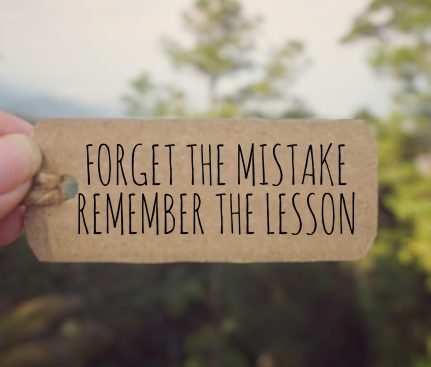What does it really mean?
You’ve probably come across the quote, “Pain is inevitable. Suffering is optional.” It’s a powerful and thought-provoking statement often attributed to the Japanese author Haruki Murakami. But what does it really mean, and how does it relate to therapy?
The first part of the quote, “Pain is inevitable,” speaks to a fundamental truth of human existence: pain is a natural part of life. Whether it’s physical pain, emotional hurt, or psychological distress, we all experience pain at some point. It’s part of being alive, part of the journey. Consider the pain of a breakup — the sadness, disappointment, and even the physical ache that can come with the end of a meaningful relationship.
The second part, “Suffering is optional,” reveals something equally powerful: while pain may be unavoidable, our response to it is within our control. Suffering is the mental and emotional layer we add to pain through our thoughts, beliefs, and reactions. It’s the difference between feeling pain and continually ruminating on it, amplifying it through unhelpful beliefs like, "I’ll be alone forever," "I’m broken," or "I’m not worthy." We might even try to change what cannot be changed, which only deepens our suffering.
Why It Matters in Therapy
In therapy, this distinction between pain and suffering is crucial. As a hypnotherapist using Cognitive-Behavioural Hypnotherapy (CBH) and other approaches, I help clients explore how their thoughts, beliefs, and emotional reactions shape their experience of pain. Through techniques such as relaxation, mindfulness, cognitive restructuring, and acceptance, clients begin to change their relationship with pain — adopting a more flexible mindset and transforming their inner dialogue and limiting beliefs.
When you shift your perspective from resisting pain to acknowledging and accepting it, suffering naturally begins to diminish.
Acceptance is not about giving up or resigning yourself to discomfort. It’s about allowing yourself to experience life’s difficulties without layering on extra pain through judgment or mental struggle.
How You Can Apply This Wisdom
The idea that suffering is optional can feel confronting at first. After all, if suffering is optional, it suggests we have some say in the matter. And that’s exactly where the real empowerment lies. When you learn to relate to pain differently, you begin to cultivate emotional resilience and inner peace — even when life throws its inevitable challenges your way. Pain can become a teacher, and from it, we can grow.
Would you like to learn how to apply this concept to your own life? Book a session with me, and let’s explore practical techniques to help you reduce unnecessary suffering and reclaim your mental and emotional well-being.


